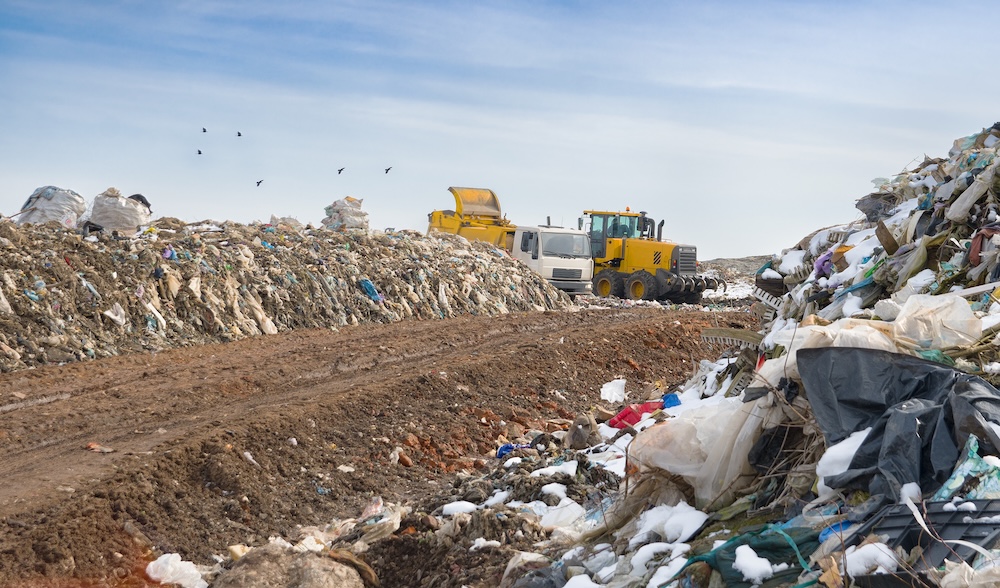Waste management is a critical part of modern society, yet it’s often overlooked. Every day, billions of tons of waste are generated globally, and how we choose to handle it has profound consequences for the planet. Neglecting proper waste management not only pollutes ecosystems but also accelerates climate change and threatens human health.
This post explores the environmental impact of improper waste management, the role of recycling and circular economy strategies, and why sustainable waste practices are essential for a healthier future.
Understanding the Environmental Impact of Poor Waste Practices
Waste management includes the collection, processing, recycling, and safe disposal of materials. When neglected, the results are far-reaching:
- Air pollution: Landfills emit methane, a greenhouse gas far more potent than carbon dioxide.
- Water contamination: Leachate — toxic liquid from decomposing waste — can pollute groundwater and rivers.
- Soil degradation: Chemicals and heavy metals accumulate in the soil, reducing fertility and harming agriculture.
Improper disposal creates ripple effects across ecosystems, disrupting biodiversity and putting human health at risk. Communities near unmanaged dumps often face higher rates of respiratory illness, waterborne diseases, and long-term health complications.
Why Proper Waste Management Matters
Effective waste management is more than just trash collection — it’s a foundation for environmental protection and resource efficiency.
- Pollution prevention: Correct disposal and treatment minimize toxins entering air, soil, and water.
- Resource recovery: Recycling conserves raw materials like metals, paper, and plastics, reducing the pressure on ecosystems.
- Climate action: Composting, recycling, and waste-to-energy methods significantly cut greenhouse gas emissions compared to landfill disposal.
In short, responsible waste practices protect natural systems while creating opportunities for innovation and sustainable growth.
Recycling and the Power of a Circular Economy
Traditional “take-make-dispose” models treat waste as the end of a product’s life. A circular economy takes the opposite approach — designing systems where materials are reused, repaired, and recycled for as long as possible.
For example:
- Recycling aluminum saves 95% of the energy required to produce it from raw ore.
- Paper recycling preserves forests, water supplies, and reduces emissions.
- Textile recycling offers a solution to fast fashion’s waste crisis, turning discarded fabric into new garments or repurposed materials.
In a circular economy, waste becomes a resource. Businesses that embrace repair programs, resale markets, and material recovery not only reduce their footprint but also tap into profitable, growing markets for sustainable goods.
Challenges and Opportunities in Waste Management
Despite the benefits, many regions still lack proper waste infrastructure. Open dumping and burning remain common in parts of the world, causing severe health and environmental risks.
However, the challenges bring opportunities:
- Investment in infrastructure: Recycling plants, composting facilities, and waste-to-energy technologies create jobs and strengthen local economies.
- Innovation in materials: Companies are designing products with end-of-life reuse in mind, reducing waste before it’s created.
- Community involvement: Grassroots recycling initiatives and zero-waste movements show how individuals can lead change when formal systems lag behind.
Solutions for a Sustainable Waste Future
Moving towards sustainable waste management requires collaboration across all sectors:
- Recycling and composting: Separate waste streams to maximize recovery and reduce landfill use.
- Repair and reuse: Support businesses that refurbish electronics, furniture, and textiles, keeping products in circulation longer.
- Waste-to-energy: Use advanced technologies to convert non-recyclable waste into clean energy.
- Education and policy: Encourage governments to incentivize sustainable practices and enforce strict disposal regulations.
Conclusion
Neglecting waste management leads to pollution, resource depletion, and mounting climate risks. But by shifting toward a circular economy mindset — where waste is treated as a resource — we can cut emissions, protect ecosystems, and unlock new economic opportunities.
Sustainable waste management is not just an environmental responsibility; it’s also a chance to innovate, create jobs, and build resilient communities. The future depends on collective action from governments, businesses, and individuals to ensure that waste is no longer neglected but transformed into a driver of sustainability.








